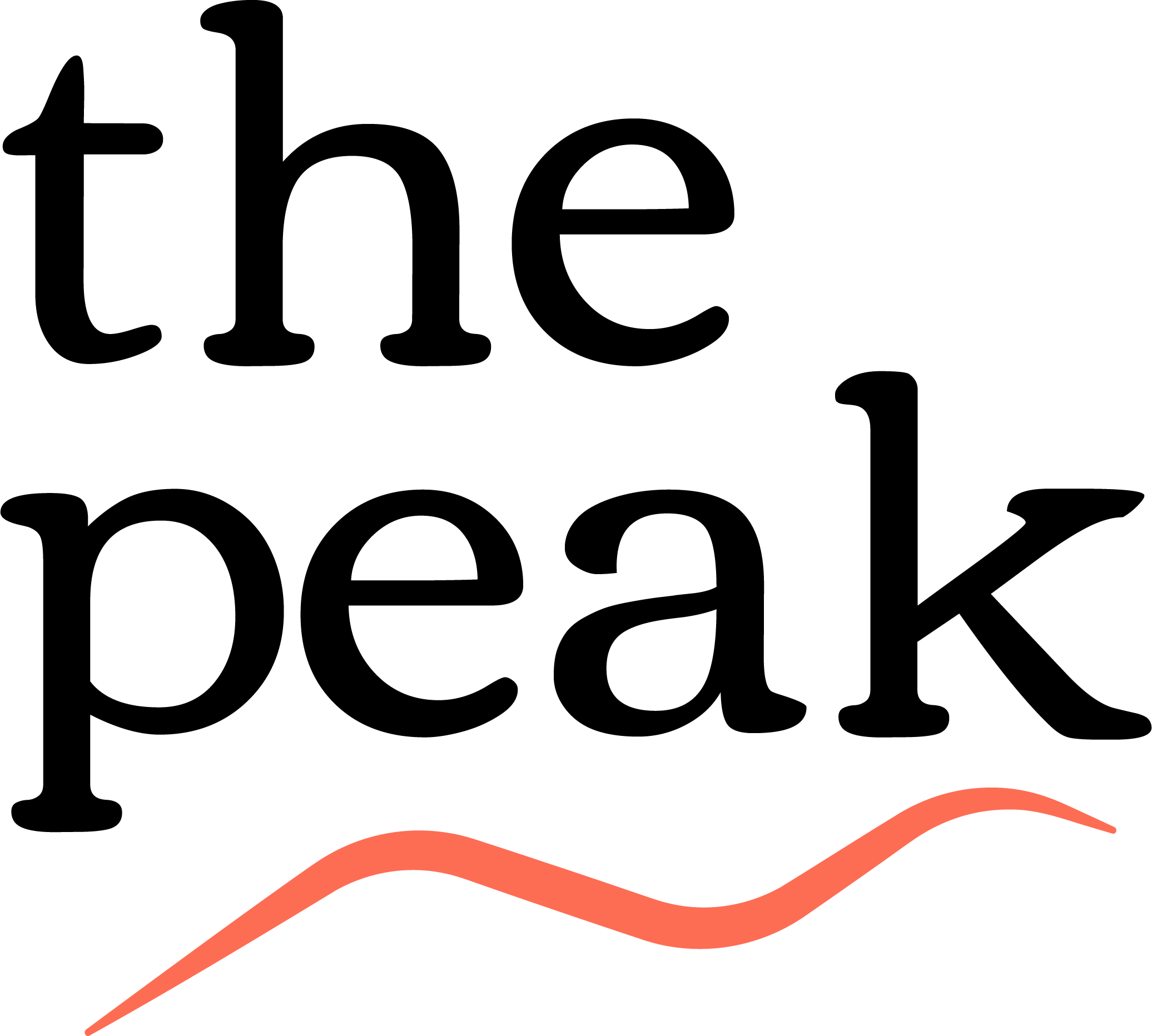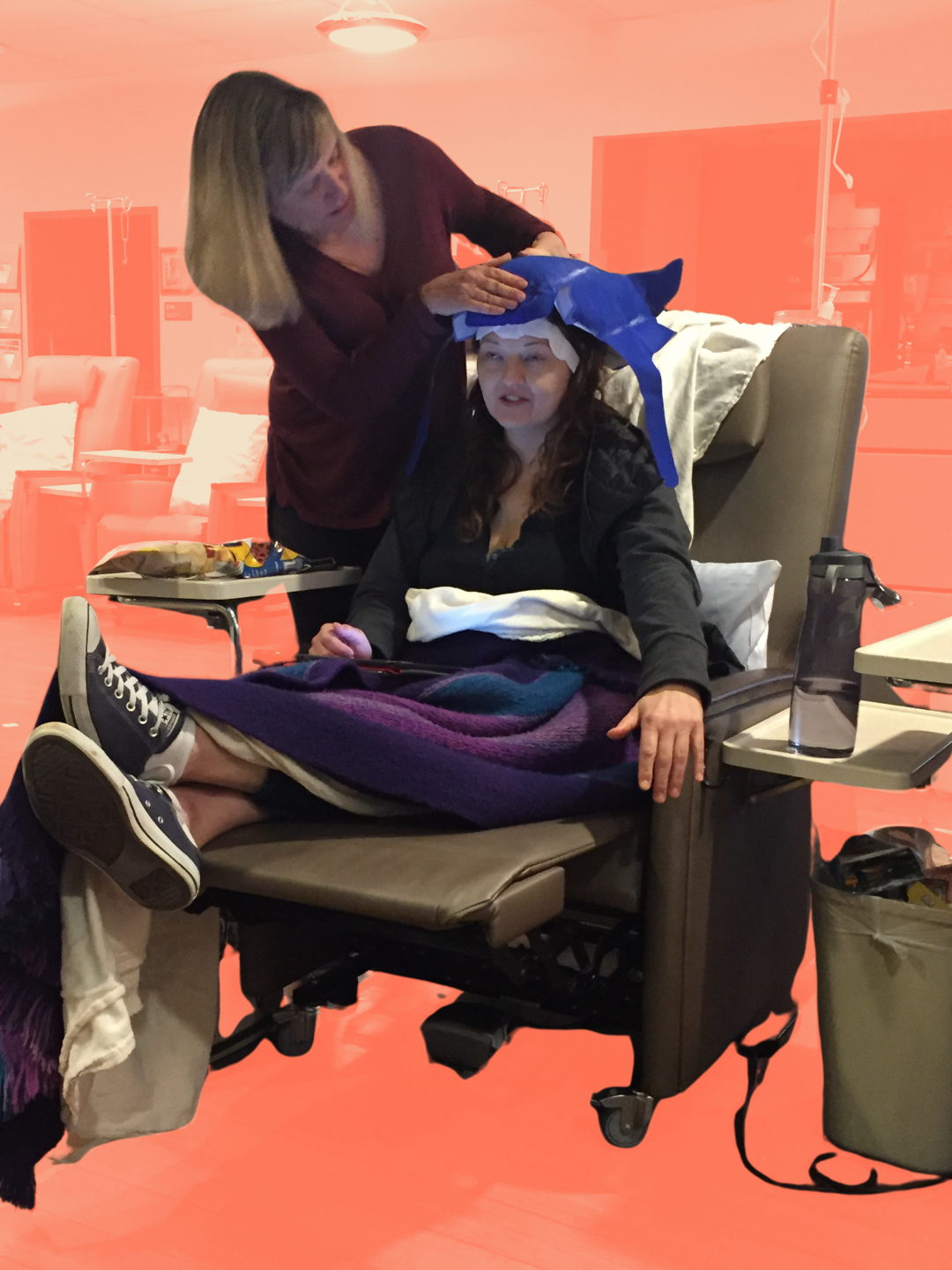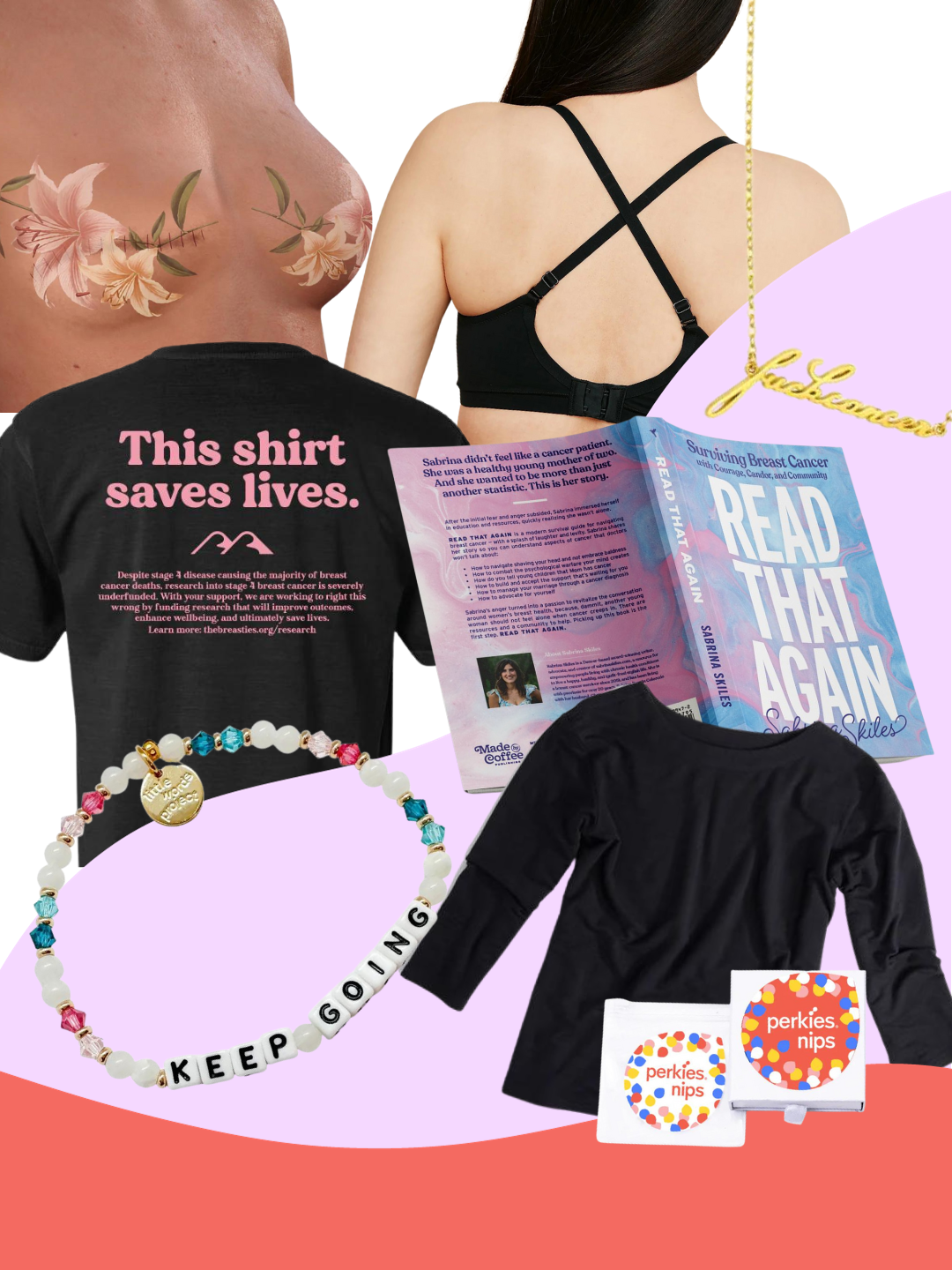When I was diagnosed with breast cancer in March 2018, I just left my full-time job leading the recruitment function at Burberry. I walked away from a steady paycheck, a rewarding team to manage, and a closet full of sample sale finds.
In reality, I was no longer feeling fulfilled and wanted to pursue a career that would allow me to use the skills I had developed but also make an impact at the same time. This is how Tiffany Dyba Coaching & Consulting was born.
I enjoy helping other women find their inner badass and feel confident that they can pivot their careers into more rewarding ones. Taking the 15 years I spent in recruiting and my expert understanding of what hiring managers are looking for — it feels incredible to help people in a different way while allowing me to be creative and do things on my terms.
After a diagnosis, life snaps into focus quickly, and we get much more clarity on the things we want.
But where do you even begin when it comes to finding that next thing that will fulfill you and support your health?
I got you. I hereby present to you 10 tips for finding your dream job after a diagnosis. I want to preface that you should first be TAKING CARE OF YOURSELF. If there is one thing I learned after I was diagnosed, it is that nothing else matters if I wasn’t taking care of myself physically and mentally.
When you are ready to dive in and focus on your search, here are some tips to get started.
1.Take Time to Reflect
Before starting a job search, I often will ask my clients to take some time to think about what they really want to do — before we update resumes and start applying for jobs.
It is important to reflect on what you like doing versus not. What companies and industries are interesting to you right now? Do your research. Make a list. I fully believe you need to spend time with yourself first before putting your magic out into the world. For example, are you now inspired to work in healthcare after spending so much time in a chemo chair? Keep a career journal to write these reflections down!
2. Get Your Resume in Order
Once you have really spent time understanding what you want your next move to be, it is time to ensure that your resume reflects those changes. You need your resume to tell a story. Your story. So if you want to pivot from a finance role to a cool tech startup, that language will look different on your resume. My favorite exercise is to stack the job description next to the resume. Pick out keywords or buzzwords the job description uses. Find a way to incorporate.
You want to marry your skills with what the role calls for in a way that shows you are putting your best foot forward.
Disclaimer: If there are gaps in your resume due to being out for surgery, chemo or anything health-related, don’t worry. Gaps are much more common due to layoffs during the pandemic, people taking time off between roles, etc. If asked about gaps in an interview, you can simply say you were taking a medical leave.
3. Is Your Linkedin Dusted Off?
Before you start applying, you should really make sure your Linkedin is updated. A fresh, professional photo. A great summary highlighting who you are and what you are looking to do. A clear and concise list of your roles. Your profile will continue to evolve over time but recruiters will undoubtedly be checking you out on Linkedin, so you should be making a great impression here.
4. Use Your Internal Network
Quite possibly the most forgotten piece of the puzzle. As you start to see jobs you want, and apply to them, ask yourself 'Do I know anyone here?' You should also be sending messages out to former managers, colleagues and friends who you trust, letting them know you are job searching. Nearly 80 percent of people get roles through networking. That is a true stat, and a big number.
5. Yes, Cover Letters Are Making a Comeback
You can’t avoid it. And while many recruiters skip past the cover letter, if you do one right, they will read it. More and more, companies are using cover letters as a way to understand someone’s style and personality. Career Contessa has a great article on how to write a fantastic cover letter to wow any hiring manager!
6. Network, Network, Network
Networking is key when it comes to finding a new role. Too often, people will update their Linkedin profile and then just wait for the job offers to roll in. That is not how it works. Networking is still important and can be done virtually in a pandemic as well. One of my favorite networking groups is Six Degrees Society. The more you put it out there, the more people will remember you and connect you to the right opportunities.
7. Prepare for the Interview
So now you have the interview. It is important to prepare. It seems like common sense, but I have interviewed many people who have not done any research and it is a huge turn off.
- Research the company
- Check them out in the press
- Look your interviewers up on Linkedin
- Find common threads.
The more prepared you are, the less nervous you will be and the more interested you will seem!
Disclaimer: Many people ask me if you need to disclose your medical history in an interview. The answer is only share what you want to and what you are comfortable with. You are not required to do anything!
8. Send Thank You Notes
I have seen this falling by the wayside lately, and I am super disappointed. A thoughtful email can go a long way when you are in an interview process. It signals your interest and shows initiative. It takes five minutes and makes all the difference.
9. Communicate
Are you interviewing at multiple places and at various stages of the interview process? Communicate! The more transparent you are, the easier an interview process will be and it will be more likely that things time up and run seamlessly. Better to get everything out on the table.
10. Understand Your Value
As an interviewer, I have gotten many questions from women around salary. “Is it ok if I ask for this?” As women, we are socialized to not ask for what we want, and to feel bad about it. That ends right now. Do your homework on Payscale and also be confident in what you want! You are a boss, and you deserve to get paid like one!
Getting diagnosed is completely life changing. It will often make us reflect on what is important to us, and what sort of changes we really want to make in our lives. We spend so much time and energy at work, so we should be doing things that speak to us! Focusing on these things will help you get organized, and ultimately get you the job you want.







